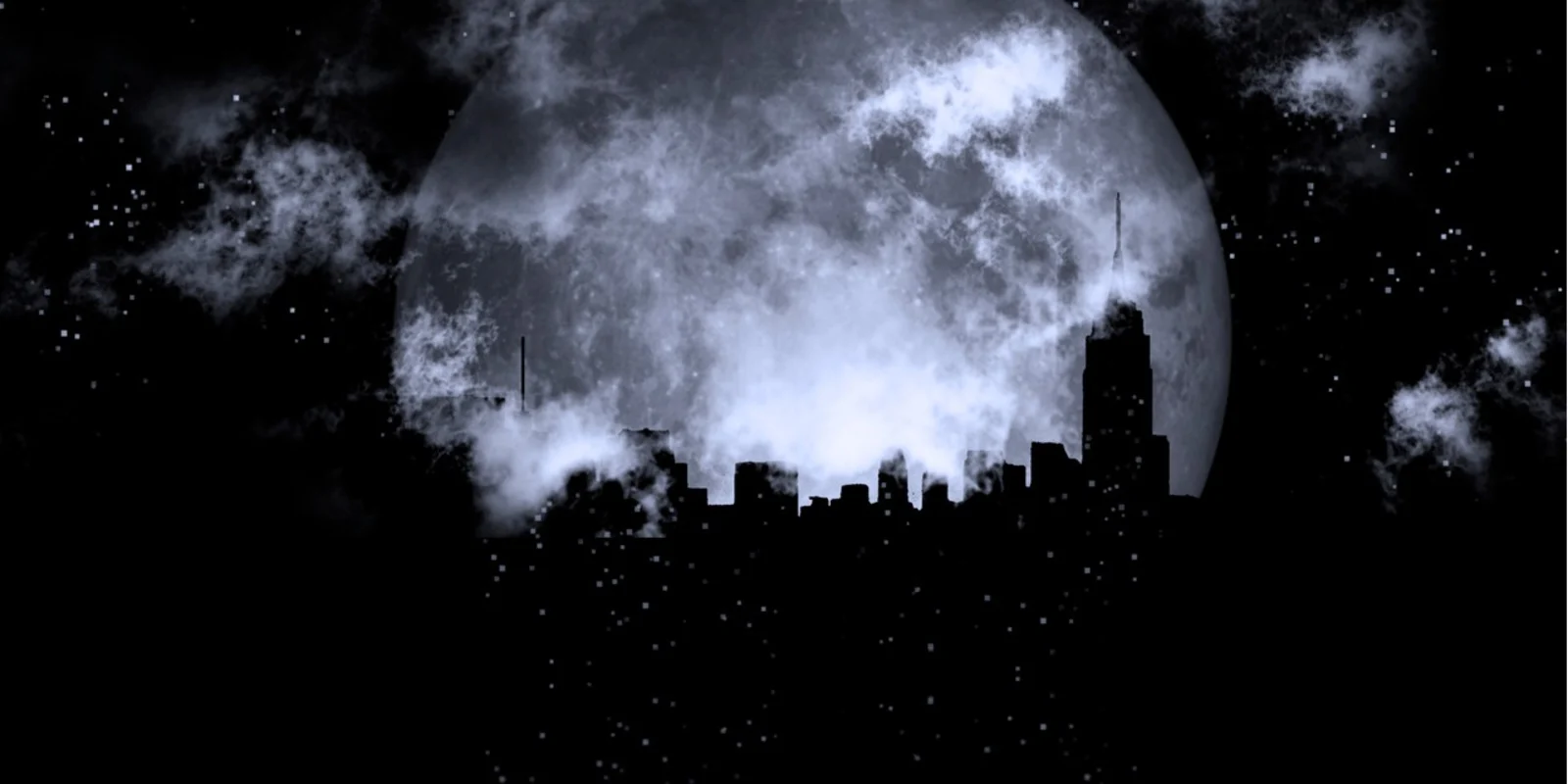A Poem by Dawn Gross
This is part of the Medical Humanities Series on Op-Med, which showcases creative work by our members. Do you have a poem, short story, creative nonfiction or visual art piece related to medicine that you’d like to share with the community? Send it to us here.

Full Moon, Again
Part I
Something is off tonight
I cannot seem to catch my breath
All I want to do is breathe! you plead
just 3 no 4 weeks ago
Opening the window
saint of the night in full sight
I am back in your room
looking at the man in the moon
can it be 4 weeks ago
we held you as he rose
We say we as doctors
with confidence and compassion
to those watching loved ones
reach the precipice dare ask
How does it happen?
How do they die?
So rarely do we even flinch
with our reply
They become more tired
as the anemia progresses
eventually
they spend more time asleep than awake
who knew to add
when heart silences
time stops
what came
this finale of days
Clear off that bureau it’s too cluttered for me
it is distracting the view
Your gaze transfixed
well beyond placid windowsill
After exacting the position of your daily calendar
centered so deliberately on your corner chest door
Monday July 10
bold clear and in your sight
you said Goodnight
then whispered
all I need is to sleep
Leaving me
watching you ‘til
time stops
full moon
again
A Conversation with Dr. Gross
On poetry, grief, and medicine
I began writing poetry when my father became terminally ill (12 years ago). I was at a loss for words. My ability to speak even to those closest to me was severely constrained Fortunately, my unconscious mind recalled my study of the poem, “The Jabberwocky” in the fourth grade, and the permission poetry allowed as a form of communicating thoughts, feelings, emotions and experiences. Real words and proper grammar were not even required, and a 10 year old could still understand the story being told! With this revelation, my hands took over, and any form of paper (including countless notebooks, grocery receipts, paper bags, and napkins) became the open receptacle for my grief-vomitus. The thing about vomit is it often comes unbidden and with little warning, yet the relief is palpable once it is released from its flaming pit. This resonates deeply with my ongoing experience of grief and my now compulsively impulsive need to write.
Since my father’s death, my professional focus shifted from bone marrow transplant to the specialty of hospice and palliative medicine. Attention to self-care is integral to the practice, and writing and reading poetry are some of the most common and readily available forms of expression. Poetry is routinely incorporated into our daily work rounds as well as shared with our patients and families. It is part of how we communicate what is most essential, what is at the heart of what gives life and our work meaning.
On transforming the taboo around death
Dying To Talk is a radio program created specifically to transform the taboo around talking about death. It is inspired by Dr. Ruth’s groundbreaking radio program on sex, “Sexually Speaking.” The launch of Dying To Talk was made possible by the bold vision and courage of San Francisco’s oldest public radio station KALW and its General Manager, Matt Martin. Creating a safe space to listen, to be heard and to speak frankly, with empathy and curiosity, about a subject that repels many, inviting open dialogues about a profoundly human experience is the goal of Dying To Talk. While I love to work one on one with patients and families, and write stories and poetry to share with broader audiences, live radio offers a unique opportunity to reach larger audiences that can actually interact in real time. The opportunity to learn, share and even heal is immense and humbling.
On the art and science of medicine
The practice of medicine will always be the combination of art and science. Medical humanities is as fundamental to caring for the soul as oxygen is to caring for the heart and lungs of a person. I often worry when I hear emotional expression or the study of emotional expression is considered “soft” in medicine, for without this part of ourselves, we are merely a bag of walking chemicals. Not terribly inspiring for most people. The whole point of keeping the bag contained and operational is to engage in that which nurtures our creative spirit. For me, the creative arts, however one chooses to define them, are the guiding light of humanity.
Dawn M. Gross, MD, PhD is dedicated to transforming the taboo around talking about death. She practices Hospice & Palliative Medicine at UCSF and hosts Dying To Talk radio. Her writing has appeared in several journals, including The New York Times, JAMA, Science, and Annals of Internal Medicine. She lives with her husband and three children and is completing her first book.







